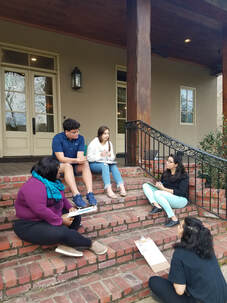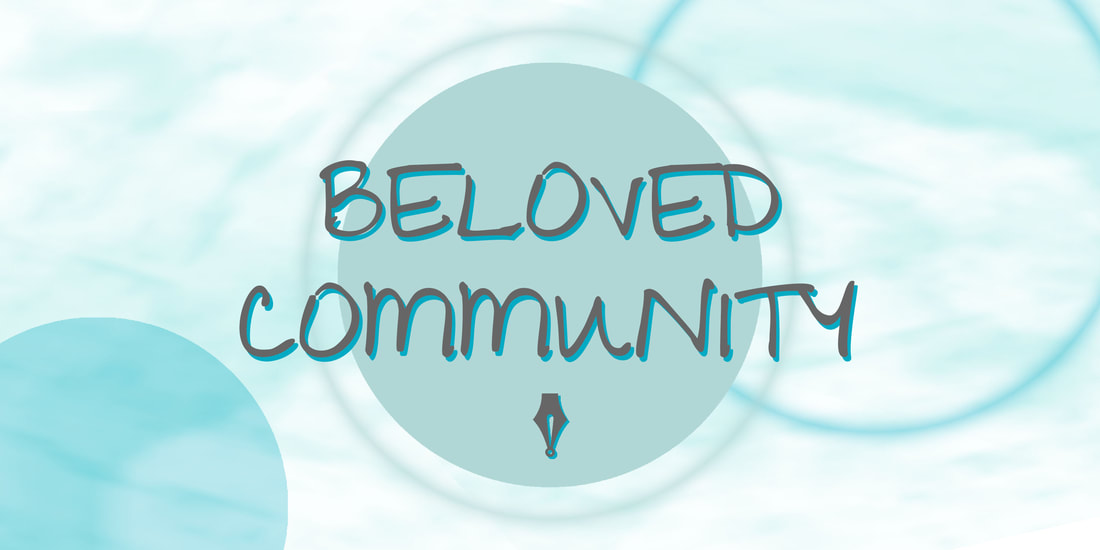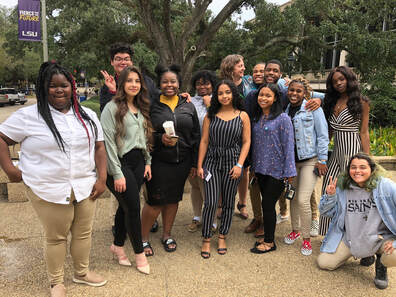|
At Humanities Amped in 2021, we are celebrating the first of our three core values: beloved community. As we look toward the future and its challenges, this aspect of our organizational vision, to nurture a dynamic, beloved community of lifelong learners and civic leaders, has never felt more essential to our individual and collective well-being. Over the next few months, we will release a series of think pieces reflecting on the theme of beloved community and how it shows up in our work at Humanities Amped.  Beloved community is a notion that came into circulation during the Civil Rights movement. Dr. Martin Luther King is well-known for summoning the image of a Beloved Community, not only as a destination, but as the means of reaching that end. For Dr. King and the many others who laid the foundation of this concept, beloved community meant the practice of looking for the best in one another by calling up and nurturing our best human possibility. These civil rights elders believed that a love for one another is not only good in itself, but it is also a way to summon the strength and imagination and create our best collective futures. The late Detroit-based philosopher and organizer Grace Lee Boggs, explains Dr. King’s vision of beloved community. To name the forces working against beloved community, she reminds us of King’s words, “When machines and computers, profit motives and property rights are considered more important than people, the giant triplets of racism, materialism, and militarism are incapable of being conquered.” And then she interprets King’s vision of beloved community: Instead, King had a vision of people at the grassroots and community level participating in creating new values, truths, relationships, and infrastructures as the foundation for a new society. He called for programs that would involve young people in “self-transforming and structure-transforming” direct actions “in our dying cities.” He called for a radical revolution in values and a new social system.
As we practice doing youth work with the intention to change the world, we draw inspiration from the model set by Grace Lee Boggs. She created dynamic intergenerational spaces in Detroit through which young people could find meaningfulness and a sense of self as “solutionaries” by applying their creative energies to confronting the critical problems they identified. Her thinking has greatly influenced our work. But perhaps most importantly, Grace Lee Boggs, like Dr. King, encouraged us to live the questions in an intergenerational way, to see ourselves in a process of unfolding with an emphasis on humanizing our institutions through critical connectedness. In the spirit of these civil rights movement leaders before us, we look forward to living our questions and reflections out loud with you over the next few months as we take a dive into the theme of beloved community.
We hope you’ll stay posted on our website as these think pieces from Humanities Amped staff roll out! Click below to start reading.
0 Comments
Leave a Reply. |
|


 RSS Feed
RSS Feed
